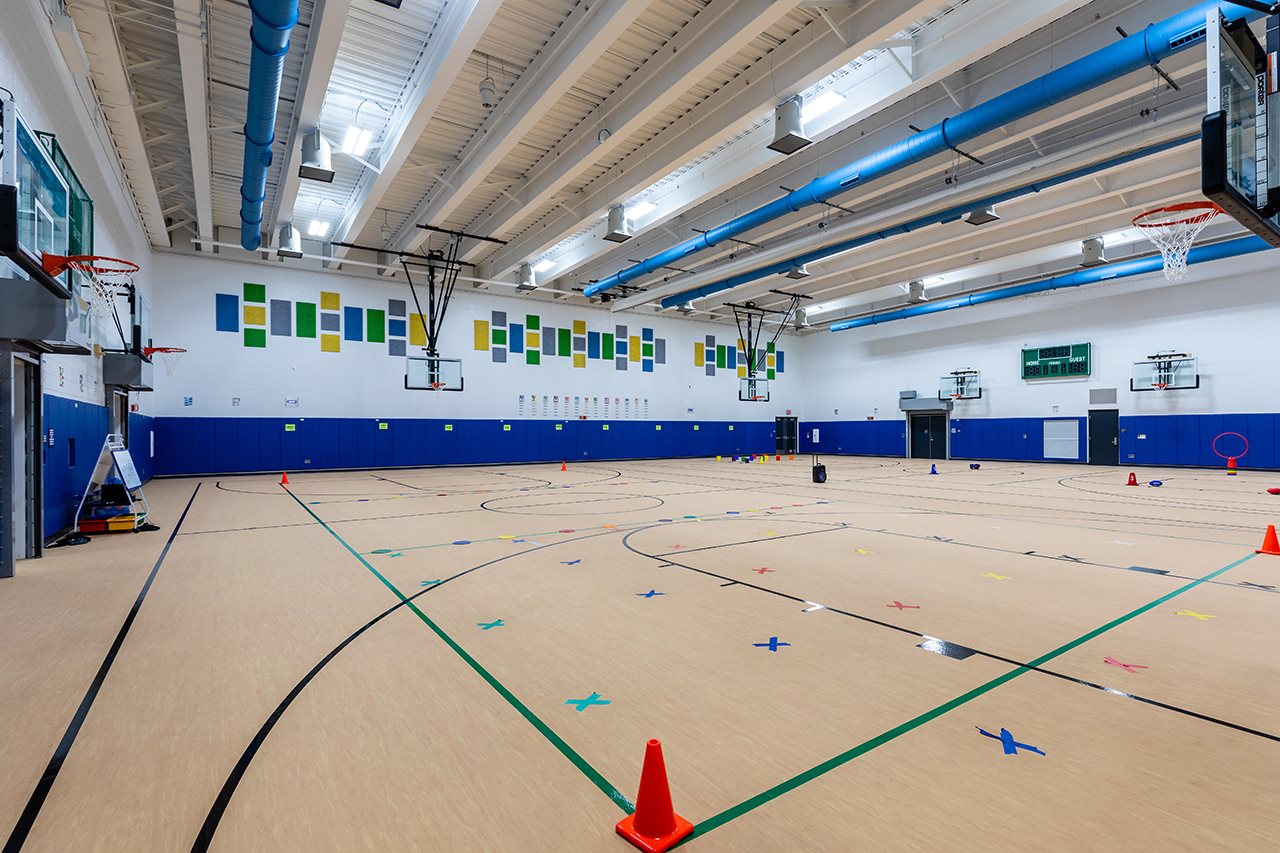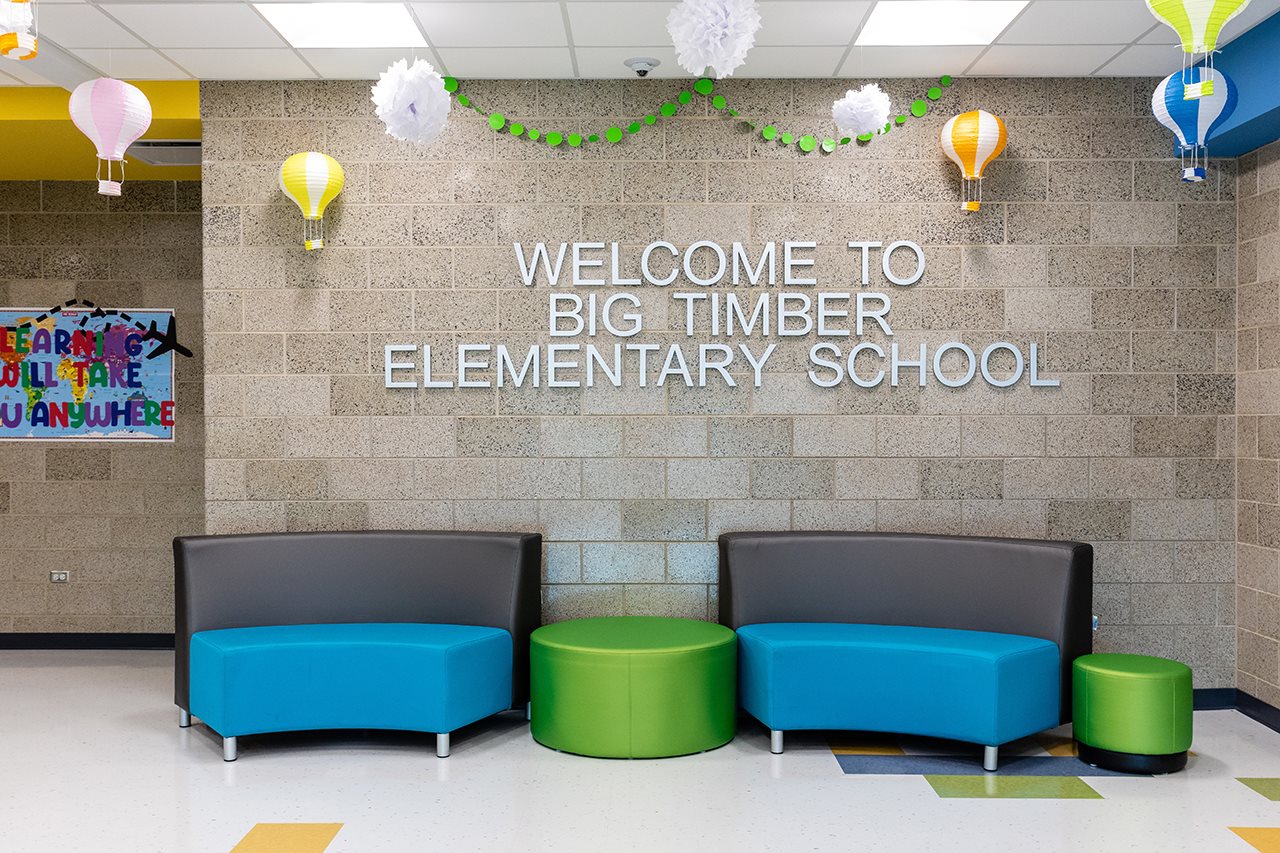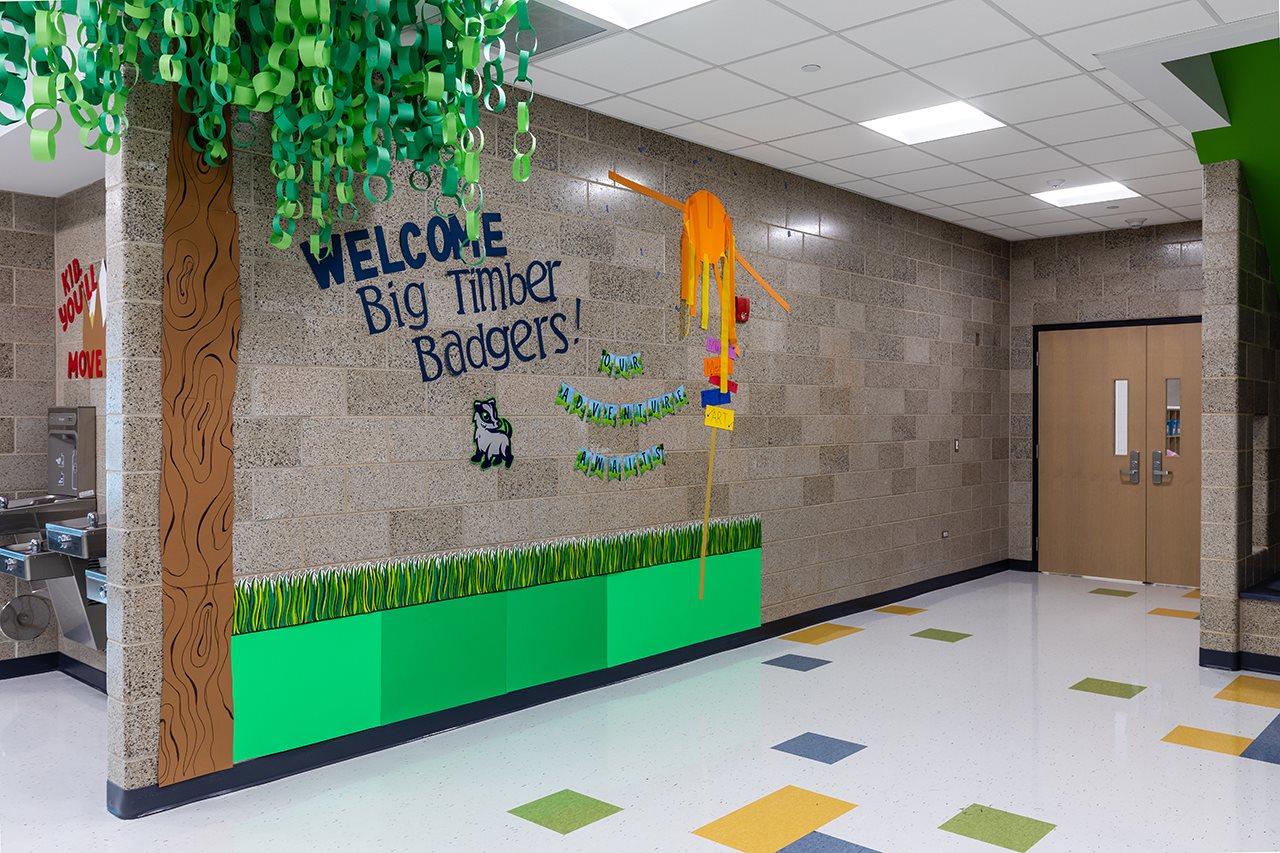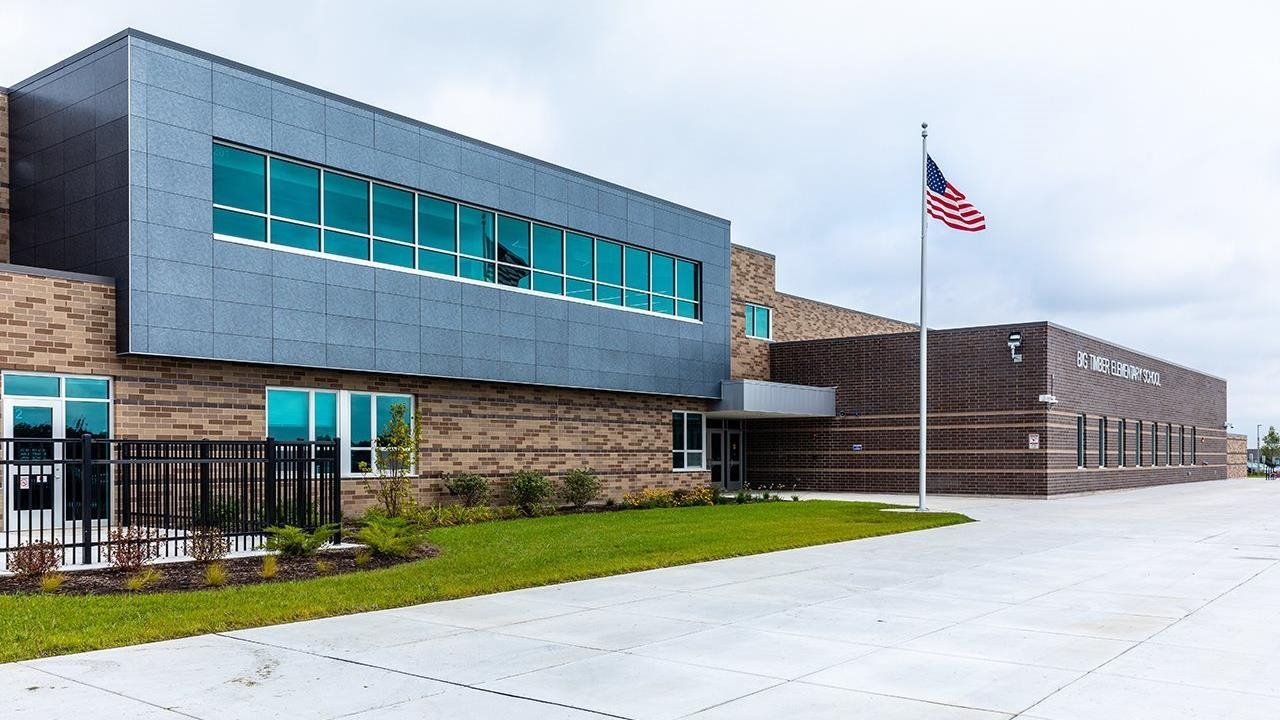With a new school year underway, districts across the country are grappling with a familiar challenge: striking the right balance of schools that are safe for students, affordable for taxpayers and designed to last. With construction costs climbing and safety concerns top of mind, many are revisiting a trusted material with renewed relevance — concrete masonry.
Built-In Performance
For parents and administrators alike, a strong school building means peace of mind. Concrete masonry does more than hold up walls. It helps protect what happens inside them, delivering layers of performance that directly support student safety and building longevity, including:
- Fire Resistance: Block walls are fire-resistant and slow fire spread, buying valuable evacuation time.
- Storm Resilience: Reinforced concrete masonry units (CMU) can withstand high winds and flying debris, making it an effective safeguard in regions prone to severe weather.
- Durability: From bustling hallways to cafeterias and gyms, block retains strength and appearance under decades of heavy use.
- Acoustic Control: CMU absorbs and blocks sound, creating quieter classrooms and better learning conditions.
This blend of safety and resilience is one reason communities are rediscovering the value of block.

Built on Block: Big Timber Elementary
That renewed confidence is on display in Big Timber Elementary School in Hampshire, Illinois. The two-story, 86,260-square-foot school includes 40 classrooms, a gym, library and media center — all built primarily with concrete masonry.

Located among cornfields, the school even includes an integrated storm shelter, providing parents with reassurance that students and staff have a secure place to gather when severe weather strikes. Inside, children benefit from calmer, sturdier learning environments, while outside, modern finishes prove that today's block can be both practical and attractive.
"Schools are the heartbeat of our communities," said Kathryn Kurzawa, Executive Director of the Masonry Advisory Council. "They deserve to be built strong enough to protect everyone who walks through their doors. Big Timber Elementary is a perfect example of the safety, durability and beauty concrete masonry delivers."
From Gray to Great
Examples like Big Timber show how far masonry design has come. The plain gray block many remember from older school buildings has been replaced with a wide range of colors, textures and finishes — from polished to split-face — that bring warmth and character to educational spaces.

Architects often combine block with materials such as glass, wood or steel, creating schools that look as modern as they are strong. For families and communities, this means students don't just learn in safe buildings. They learn in places that inspire pride.
Long-Term Value for Taxpayers
As construction costs climb and funding becomes harder to secure, school districts are under pressure to make every dollar count. CMU helps meet that challenge by:
- Reducing maintenance and repair needs over the life of the building.
- Providing passive energy efficiency from thermal mass that moderates heating and cooling demands.
- Potentially lowering insurance premiums thanks to its fire- and moisture-resistant attributes.
For communities balancing educational needs with tight budgets, those advantages make CMU not just another construction material, but a long-term investment strategy.

Looking Ahead
As communities balance the pressure of tight budgets with the need for safe, modern schools, concrete masonry is proving to be a solution that meets both goals. From Hampshire, Illinois, to districts nationwide, schools built on block are setting a new standard — strong, resilient and ready to serve generations of students.
Get Free Project Support
For communities interested in seeing how their school project can benefit from concrete masonry, the Block Design Collective offers free project support to their architects and engineers. For more information, contact Tino Kalayil at [email protected] or visit blockdesign.org.



